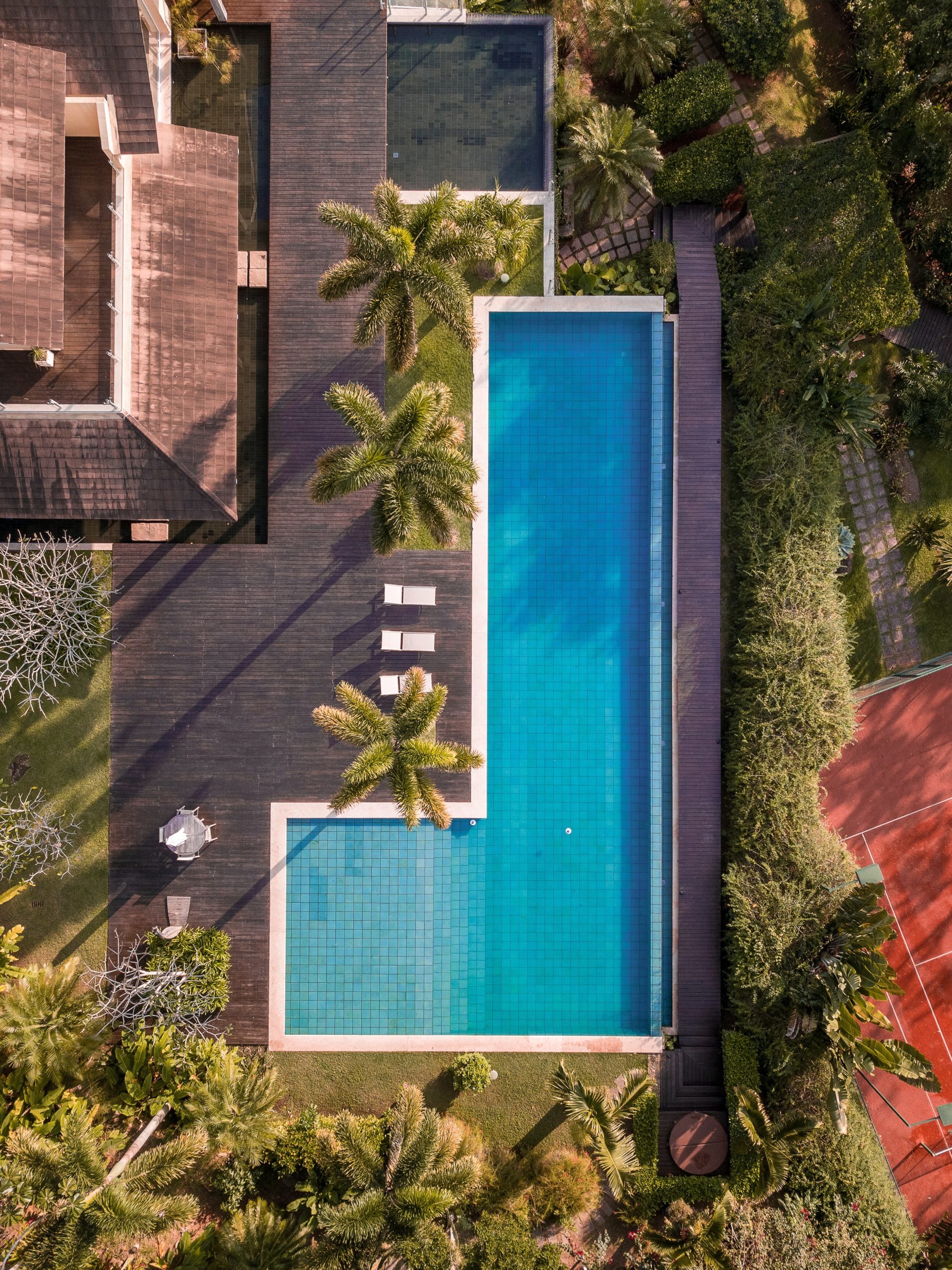
Caring for Your Pool During Florida Winter Months
Our Florida “winter” consists of 80-degree weather one day followed by a cold front dropping overnight for a brisk 50-degree high the next. And here in the south, majority of homeowners do not winterize their pools because we do not freeze like the northern states.
Florida’s cooler winter months is no excuse to let up on pool maintenance. Whether or not you are extending the season with a pool heater, you need to keep up with the proper chemical balance. Neglecting your pool during these months will cost you more in products and time in the spring; furthermore, the neglect could lead to staining or damage to your equipment or finish.
Proper Maintenance During the Winter:
- Pump running time could be reduced to a minimum of 4 to 6 hour run time, with the run time during the peak sun times. The run time will vary based on your turnover rate.
- The pool water should be tested weekly along with chemical balancing.
- Water chemistry ranges are:
- Chlorine– Maintain a reading of 2 to 4 ppm.
- pH– Maintain your pH at around 7.4. A very high pH will promote the buildup of scale, while a low pH is corrosive on the finish of most pool surfaces and equipment.
- Alkalinity– To help buffer the pH, keep the alkalinity in the 80-120 ppm range.
- Calcium Hardness– Maintain a minimum of 200ppm to 400ppm. When the calcium is too low, it can attack pool plaster resulting in staining and etching, while calcium that is too high will lead to deposits and stains.
- Stabilizer– Maintain at 30 – 50 ppm to reduce UV degradation of your chlorine. The winter sun is not as strong as the summer sun, so you can operate at the lower end of the range.
Can I continue to run my salt system during the winter?
When the water temperature gets below about 60 degrees Fahrenheit, most salt cells will shut off automatically to protect itself from a freeze. During the winter months, the amount of chlorine demand is reduced. This is due to the fact that it is difficult for bacteria to grow in cold temperatures. If your system shuts automatically or you wish to manually turn off the cell, use traditional liquid or tablet chlorine to maintain the proper free chlorine.
Should I be concerned about algae during winter?
Though the growth rate of algae slows down as the water gets colder, it is still possible for algae to form. As mentioned above it is recommend keeping the free chlorine level between 2-4 ppm for proper sanitation and to stop algae growth.
Can I use my automatic pool cleaner in the winter?
Assuming you don’t have a cover or leaf net over your pool, you may continue to operate it every day to help keep your pool clean which helps with the chemistry demand, even if you’re not swimming in it.
If you have additional questions or are looking for more information regarding proper maintenance, contact Blue Diamond Pool Services today.



